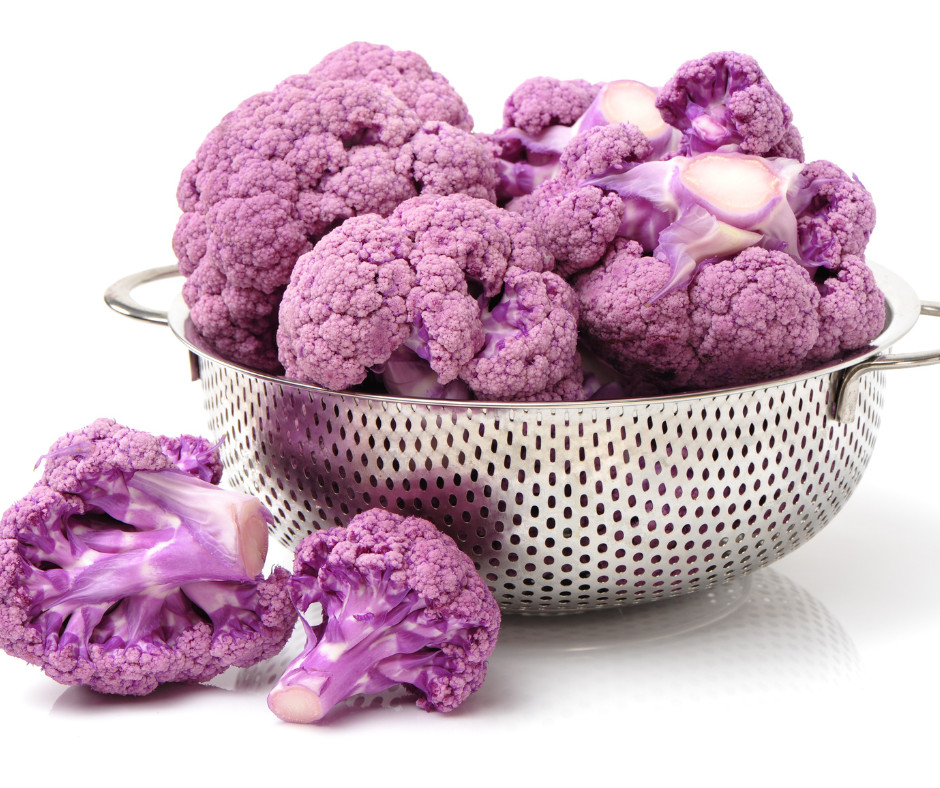
Your immune system is your body’s defense system against invaders. It works to protect you from bacteria, viruses, fungi, parasites, and toxins. Unfortunately, our world is full of toxins that can compromise your immune system and increase your risk of infections and illness. Toxins that may disrupt your immune system are all around us. Here are the most common toxins in your environment and what you can do to minimize their impact on your health.
Heavy Metals
Heavy metals are one of the major toxins you may get exposed to throughout your life. They can interfere with your normal biological processes and have toxic effects. The most prevalent heavy metals are mercury, lead, aluminum, and arsenic. Common sources of heavy metals include tap water, cosmetics, fish, factory air pollutants, antiperspirants, cookware, and canned foods and drinks. It can be difficult to determine how many heavy metals are hiding in your body because they can hide deep in your cells. They can also be difficult to remove from your body. It is best to work with a health practitioner if you feel you have a large heavy metal burden.
Phthalates
Phthalates are a group of chemicals that are very toxic and weaken immunity. They are commonly found in plastics, vinyl flooring, detergents, food packaging, and in personal care products. Phthalates are also known as bisphenol A or BPA. BPA can mimic estrogen and disrupt your natural hormonal balance. The Environmental Working Group (EWG) published an article in 2018 that stated studies had shown BPA was found in 9 out of 10 Americans, including infants. The EWG has created a database of foods packaged with toxic chemicals like BPA. The good news is that awareness about BPA is on the rise and now there are more and more products labeled "BPA Free". But you still need to be careful even with products labeled "BPA Free", because often other unhealthy options are substituted.
Mold and Mycotoxins
Mold and mycotoxins are some of the most prevalent toxins in your environment that can weaken immunity. Mycotoxins are a specific type of fungi-like mold. They are very adaptable and can grow almost anywhere as long as the conditions are moist, damp, and warm. They may grow on foods as well. Cereals, bread, nuts, dried fruits, and spices can contain them. In the home, they can be found in bathrooms, damp basements, kitchens, fiberglass insulation and wood studs. You can work with a health practitioner who can test your urine to see if this is an issue for you. If it is, the next step is identifying and eliminating the sources.
Glyphosate
Glyphosate is the most widely produced chemical in the world that acts to weaken immunity. It’s been used to control weeds and grasses since the 1970s. It’s used in herbicides and over 700 agriculture, forestry, and home products. It is also the primary chemical used in Roundup. In 2015, the World Health Organization (WHO ) declared that glyphosate is ‘probably carcinogenic to humans’. It is thought to be a cause of many serious health issues. There is a simple urine test that can determine if your body is dealing with glyphosate toxicity. The best way to avoid it is by eating organic foods. But even then, it is thought that it is so prevalent in the environment, you may still have some exposure.
Healthy Lifestyle
Of course, it's best to avoid exposure to as many of these chemicals as possible. Drink filtered water, eat clean unprocessed foots, cook and store your food in chemical free options, use chemical free household and body care products, etc. You can remove the chemicals from your body that you are inadvertently exposed to by staying hydrated, engaging in exercise and/or movement, taking Epsom salt foot or full bath soaks, and using saunas. There are also professional grade supplements that can help pull toxins out of your body.
Did this help you? If so, I'd greatly appreciate it if you commented and/or share it on social media.

Email: sharonledwards@hotmail.com
Facebook: https://www.facebook.com/sharonledwardsbiz/


















0 Comments